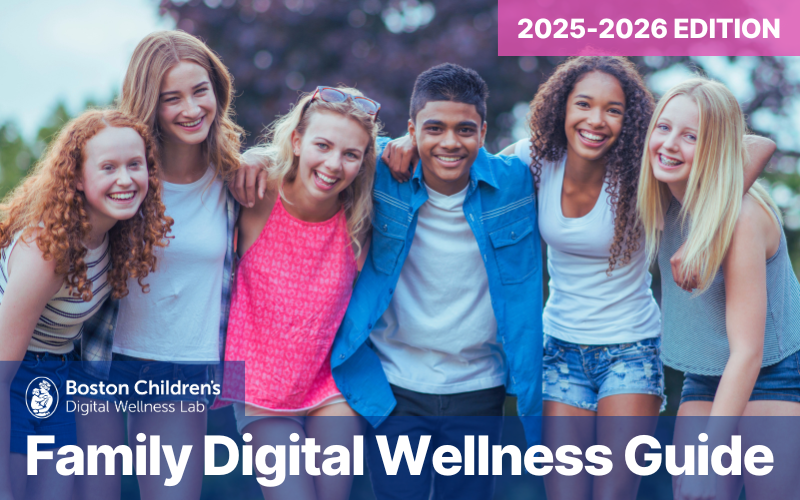Being a teenager in the twenty-first century is by far the hardest job ever. Not only are we expected to keep up with our education, but we are also expected to keep up with societal expectations, technologies, new trends, and competitions. Teenagers these days are victims of the modern-day world, stereotypes, taboos, and technologies.
We are up to date with all the new happenings around us. Every day there is a new trend on social media that we feel obligated to keep up with, a new beauty standard that we didn’t achieve yet, the trending Starbucks drink we must try, a new TikTok dance we need to learn, and a new societal problem that is further harming the planet that we need to solve.
Although being a teenager has always been difficult, these days, we never get a break. Everything and everyone is constantly changing and moving. We can never unwind because everything is continuously coming at us. Nowadays, we are more conscious than ever of what is going on in our environment. This may be advantageous, as we have seen several outstanding youth organizations and platforms raising awareness about serious societal conflicts. However, this often leads us to feel more anxious, depressed, or overwhelmed.
Because of the chaos all around us, especially online, some teenagers feel compelled to keep their feelings to themselves out of fear that their parents would judge them, be angry with them, or won’t support them. Teenagers are always told to “put the phone away” as a solution to every problem.
If you are a parent, guardian, teacher, or mentor reading this post, here are some tips for you that we wish you knew.
- We are all familiar with the phrase, “When I was your age, life was so much harder.” Over the past ten years, teenagers have reported experiencing more stress than adults. Teenagers wish their parents understood that, but because we are still young, most parents just ignore it. Being “young” does not mean we can’t be stressed and overwhelmed. There are many things we worry about, such as homework, school, friends, drama, sports, hormones, relationships, and dealing with parental and societal criticism. Every day, each of these has an impact on us. Please don’t ignore us when we express anxiety, tension, or depression in particular. Whatever our age, we also have emotions and our feelings and opinions should be valued.
- We are aware that you grew up in a different generation and that things were different then. Many things we have today were a mystery when you were a youngster, but you adapted. Either we adapt to the environment around us or we fall behind. And just because you don’t understand doesn’t mean you have to restrict your teen from adapting. We can interact with friends on social media, learn new things, comprehend the world more quickly, have access to billions of knowledgeable resources, express ourselves, and have a voice. If you take our devices away from us you are restricting us from having all that. Please realize that we do more than simply watch pointless videos and play video games all day; we also gain a lot of knowledge and make an impact in the world through the content we post online.
- Realize that not everything on social media is negative, there are positive things out there too. We are more inclined to confide in parents about the intertwining of our online and offline experiences when parents show genuine curiosity and compassion regarding the good experiences connected with online connections. Additionally, teens can benefit greatly from strong and encouraging online groups.
- We are able to put our phones away. Seriously. One of the most common misconceptions about teenagers is that we spend all of our time staring at screens and have no idea what a tree is. We are aware of when it is appropriate to put our technology away and focus on other tasks.
- We “rebel” because we are curious, not because we don’t respect you. If you tell us to do something, we will find several ways to finish the task. If you tell us not to do something, we will find out why we shouldn’t do that. The only way we can gain experience is by trying new things out. Encourage us to find solutions to problems instead of telling us “no.”
- Lastly and most importantly, just be there for your teenager. Show them your support and encourage them to learn, grow, change and make mistakes throughout their early young adulthood. So, please take a step back from disciplining your teenager and genuinely ask them how they are doing in life. Ask them about their social, emotional, and mental health.
Being a parent is undoubtedly a difficult job, but we wish our parents were a little more conscious of the difficulties we face as teenagers. If we had the freedom and chance to express what’s truly in our hearts, there are so many things we wish we could tell our parents. So, don’t be afraid to ask your teenager what’s actually on their mind or even what they wish you knew about them; you could be surprised by their responses.
Ibne Tamim is a senior at Manhattan Center For Science and Mathematics High School in New York City. Her passion and interest in behavioral and cognitive psychology inspired her to intern with the Center for Adolescent Behavioral Health Research (CABHRe). She is also very interested in gender studies and artificial intelligence. Ibne hopes to continue doing behavioral health research in college and pursue a career aligning her various interests.








